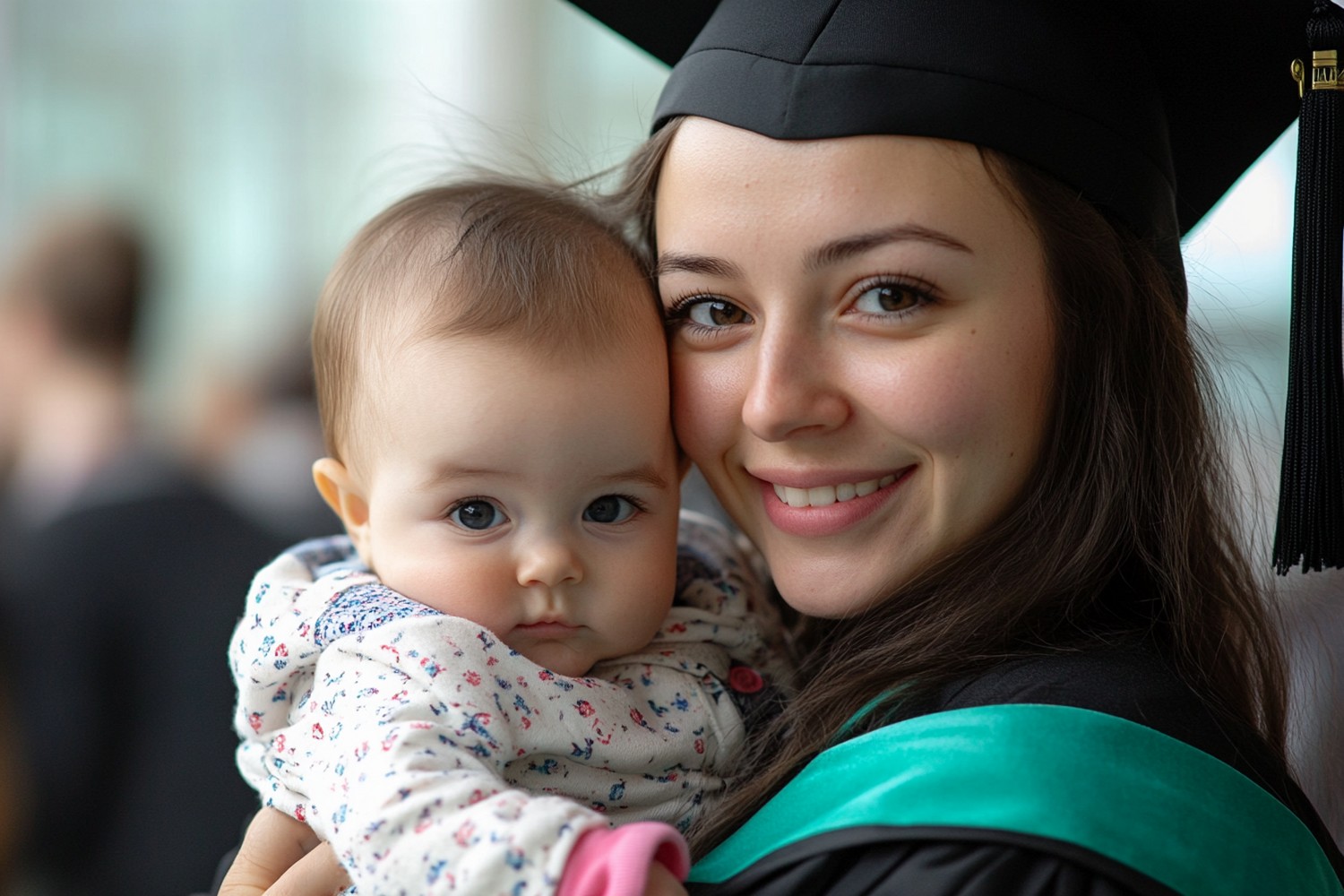As global fertility rates continue to decline, policymakers are keen to understand the factors influencing family formation. A recent IZA discussion paper by Hanna Virtanen, Mikko Silliman, Tiina Kuuppelomäki, and Kristiina Huttunen analyzes data from secondary and tertiary education admissions in Finland to explore the relationship between education and family formation.
The findings reveal a striking gender difference: while further education does not increase the likelihood of men forming families, it significantly boosts the chances for women. Women admitted to higher education are more likely to live with a partner and have children, challenging the traditional notion that education hinders women’s family formation due to career concerns while helping men find a partner.
No causal effect for men
Family formation rates among men, regardless of their education level, have declined over the past several decades. While highly educated men remain more likely to form families, the study suggests these differences are driven by selection effects rather than a causal impact of education. Men pursuing higher education may already have stronger preferences for family formation, while those with lower education levels face barriers that education alone cannot address.
Trend reversal for women
For women born in the 1940s, tertiary education was associated with a lower likelihood of family formation. However, the trend reversed for women born after 1975: women with tertiary degrees are now more likely to form families than their less-educated peers. Over the past half-century, societal changes have played a pivotal role. Policies like the expansion of public childcare have made balancing career and family easier, while shifting gender norms have created a more supportive environment for women pursuing both.
The researchers suggest that education enhances women’s appeal as partners. As returns to social skills grow and child development increasingly relies on parents—especially mothers—higher education equips women with the resources and abilities to meet these demands. Research shows that highly educated mothers tend to spend more time engaging in childcare-intensive activities, potentially making them more attractive as partners in a family-oriented society.
